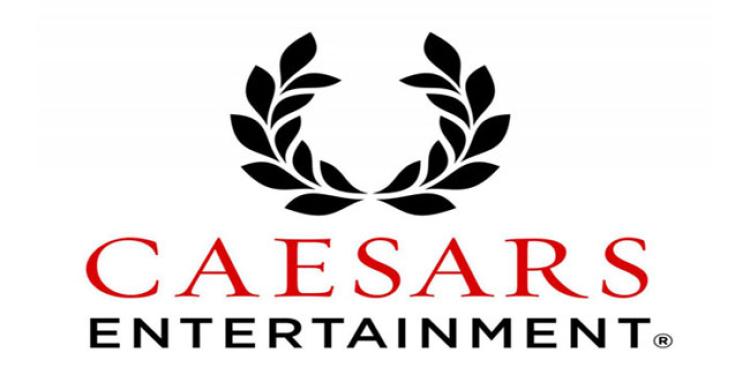Caesars Asset Stripping leads to plausible claims of up to $5 billion
Posted: March 17, 2016
Updated: March 17, 2016

When Caesars Entertainment Operating Company was heading towards bankruptcy, their parent company Caesars asset stripping ensured they would be unable to settle fairly with creditors – now Caesars must pay!
Richard Davis, lauded negotiator, wrapped up his year-long investigation conclusively: The simple answer to this question is ‘yes’. The question was whether Caesars asset stripping of their subsidiary Caesars Entertainment made them responsible for the now-bankrupt Caesars Entertainment Operating Company’s (CEOC) inability to make good on its debt.
According to US gambling news, Caesars Asset Stripping included profitable entities such as LINQ Hotel & Casino in Las Vegas. Caesars, themselves under the control of Apollo Global Management and TPG Capital, were thus judged to have unjustly hurt CEOC’s capacity to repay it debt.
Richard Davis, paid $850 per hour for his year-long assignment, began his legal career investigating the mother-of-all cover-ups: Watergate. He has subsequently worked on the Iran Hostage Crisis, and advised the Argentinean Government on their debt, amid a glittering legal career. His court-ordered investigation comprised 8.8 million pages of documents and interviews with almost 100 witnesses. Between March and December, the case had already cost the state over $32 million dollars.
The report found that there were plausible claims, with a more than 50% chance of success, against Caesars of sums between $3.6 and $5.1 billion. Claims were submitted by a group of junior creditors, chiefly Appaloosa management hedge fund.
According to their parent company Apollo, Caesars asset stripping was not deliberately harmful. They claim that they“believe that Apollo… acted appropriately and in good faith to help CEOC strengthen its capital structure.” Caesars operate over 50 casinos in the US. They are alleged to have consciously acted out strategy created in order to safeguard them from the effects of CEOC’s financial difficulty. They may have known of their subsidiaries’ difficulty for some years, perhaps as far back as 2008. If so, they would have been obligated to act on behalf of their creditors as well as shareholders; thus, Caesars Asset stripping would be a case of conscious wrongdoing.
Richard Davis, lauded negotiator, wrapped up his year-long investigation conclusively: The simple answer to this question is ‘yes’. The question was whether Caesars asset stripping of their subsidiary Caesars Entertainment made them responsible for the now-bankrupt Caesars Entertainment Operating Company’s (CEOC) inability to make good on its debt.
According to US gambling news, Caesars Asset Stripping included profitable entities such as LINQ Hotel & Casino in Las Vegas. Caesars, themselves under the control of Apollo Global Management and TPG Capital, were thus judged to have unjustly hurt CEOC’s capacity to repay it debt.
Caesars Asset Stripping investigated by star attorney
Richard Davis, paid $850 per hour for his year-long assignment, began his legal career investigating the mother-of-all cover-ups: Watergate. He has subsequently worked on the Iran Hostage Crisis, and advised the Argentinean Government on their debt, amid a glittering legal career. His court-ordered investigation comprised 8.8 million pages of documents and interviews with almost 100 witnesses. Between March and December, the case had already cost the state over $32 million dollars.
The report found that there were plausible claims, with a more than 50% chance of success, against Caesars of sums between $3.6 and $5.1 billion. Claims were submitted by a group of junior creditors, chiefly Appaloosa management hedge fund.
Caesars claim asset stripping was for good of CEOC
According to their parent company Apollo, Caesars asset stripping was not deliberately harmful. They claim that they“believe that Apollo… acted appropriately and in good faith to help CEOC strengthen its capital structure.” Caesars operate over 50 casinos in the US. They are alleged to have consciously acted out strategy created in order to safeguard them from the effects of CEOC’s financial difficulty. They may have known of their subsidiaries’ difficulty for some years, perhaps as far back as 2008. If so, they would have been obligated to act on behalf of their creditors as well as shareholders; thus, Caesars Asset stripping would be a case of conscious wrongdoing.
Related content
Subscribe
0 Comments












